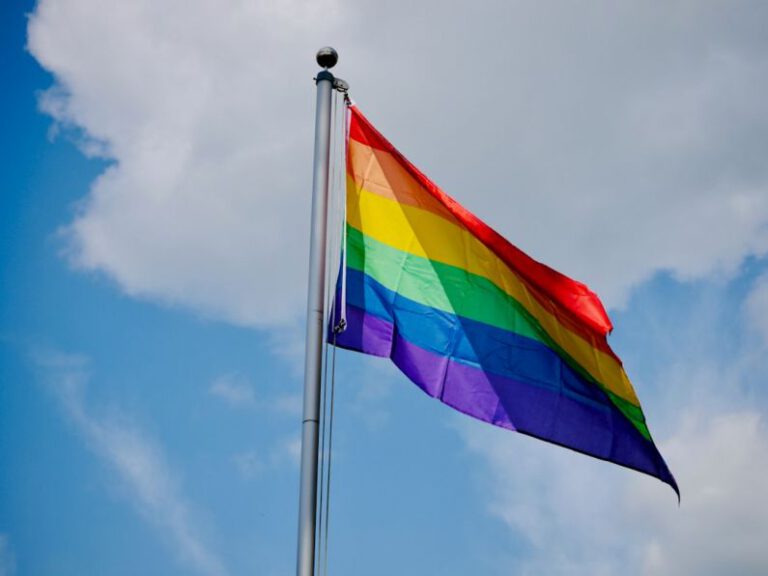Understanding the Cultural Nuances of Gift Giving
Gift giving is a universal practice that transcends borders and cultures, but the customs and expectations surrounding it vary greatly from one society to another. Understanding the cultural nuances of gift giving is crucial to navigating social interactions and relationships effectively. Whether you are traveling to a foreign country, attending a business meeting with international partners, or simply interacting with individuals from diverse backgrounds in your own community, being aware of the cultural subtleties can make all the difference in how your gesture is perceived and appreciated.
The Significance of Gift Giving
Gift giving is a social ritual that serves as a means of expressing gratitude, building relationships, and conveying respect and goodwill. In many cultures, the act of giving a gift is laden with symbolic meaning and reflects the values and beliefs of the society. The gift itself is not just an object but a representation of the giver’s feelings and intentions towards the recipient. Understanding the significance attached to gift giving in a particular culture is essential to avoid unintentionally causing offense or misunderstanding.
Reciprocity and Obligations
In some cultures, gift giving is deeply rooted in the concept of reciprocity, where the recipient is expected to reciprocate with a gift of equal value or significance. Failing to do so may be seen as a breach of social norms and could strain the relationship between the two parties. In other cultures, gifts are given without the expectation of anything in return, emphasizing the act of giving itself rather than the exchange of material goods. Being aware of these expectations can help you navigate social interactions smoothly and foster positive relationships.
Timing and Occasions
The timing and occasions for gift giving vary widely across cultures. In some cultures, gifts are exchanged during specific holidays or celebrations, while in others, gifts are given spontaneously or as a token of appreciation for a particular gesture or favor. Understanding the appropriate occasions for giving gifts in a particular culture is essential to avoid coming across as inappropriate or insincere. Additionally, the timing of the gift-giving gesture can also carry significance, so being mindful of when and how you present a gift is crucial.
Symbolism and Taboos
Gifts often carry symbolic meanings that may not be immediately apparent to outsiders. Certain colors, numbers, or types of gifts may hold specific significance in a culture and should be chosen carefully to avoid sending the wrong message. Similarly, there may be taboos or superstitions associated with gift giving that you should be aware of to prevent causing offense or discomfort. Taking the time to research and understand the symbolism and taboos surrounding gift giving in a particular culture demonstrates respect and consideration for the recipient’s customs and beliefs.
Personalized vs. Impersonal Gifts
In some cultures, personalized gifts that reflect the recipient’s interests, preferences, or needs are highly valued and appreciated. On the other hand, in cultures where modesty and humility are prized, extravagant or overly personal gifts may be met with discomfort or embarrassment. Understanding the balance between thoughtful and appropriate gift-giving is essential to ensure that your gesture is well-received and meaningful. When in doubt, opting for a gift that is universally appreciated, such as flowers or food, can be a safe choice.
Navigating Cross-Cultural Gift Giving
Navigating the intricacies of cross-cultural gift giving requires sensitivity, open-mindedness, and a willingness to learn and adapt. By taking the time to understand the cultural nuances of gift giving in different societies, you can avoid misunderstandings, build stronger relationships, and show respect for the customs and traditions of others. Remember that the act of giving a gift is not just about the object itself but about the intention and sentiment behind it. By approaching gift giving with awareness and consideration, you can create meaningful connections and foster goodwill across cultural boundaries.






